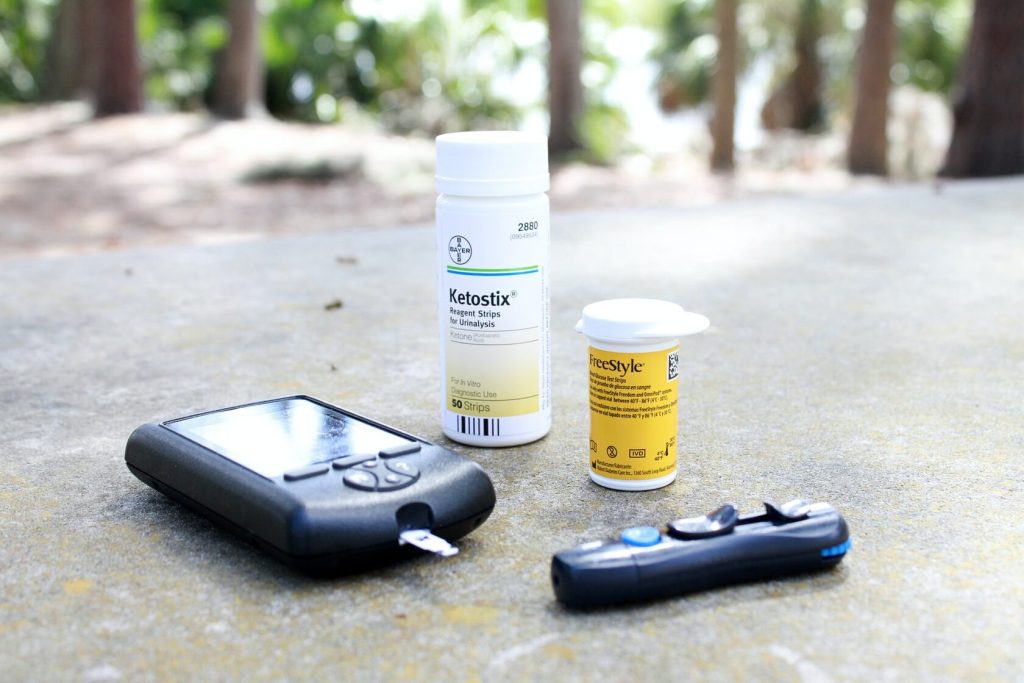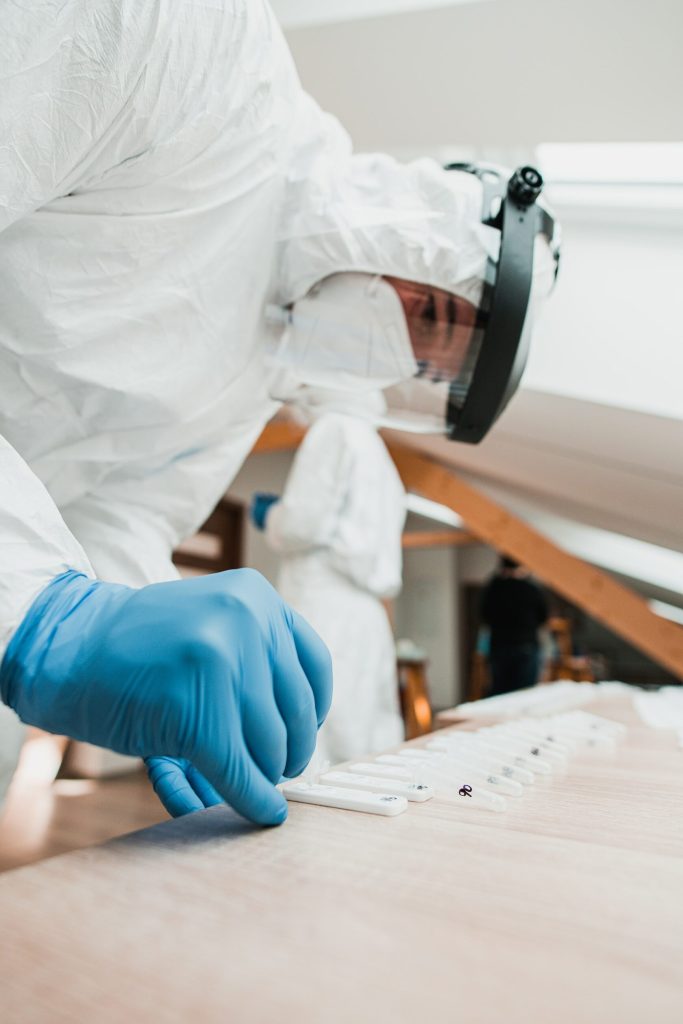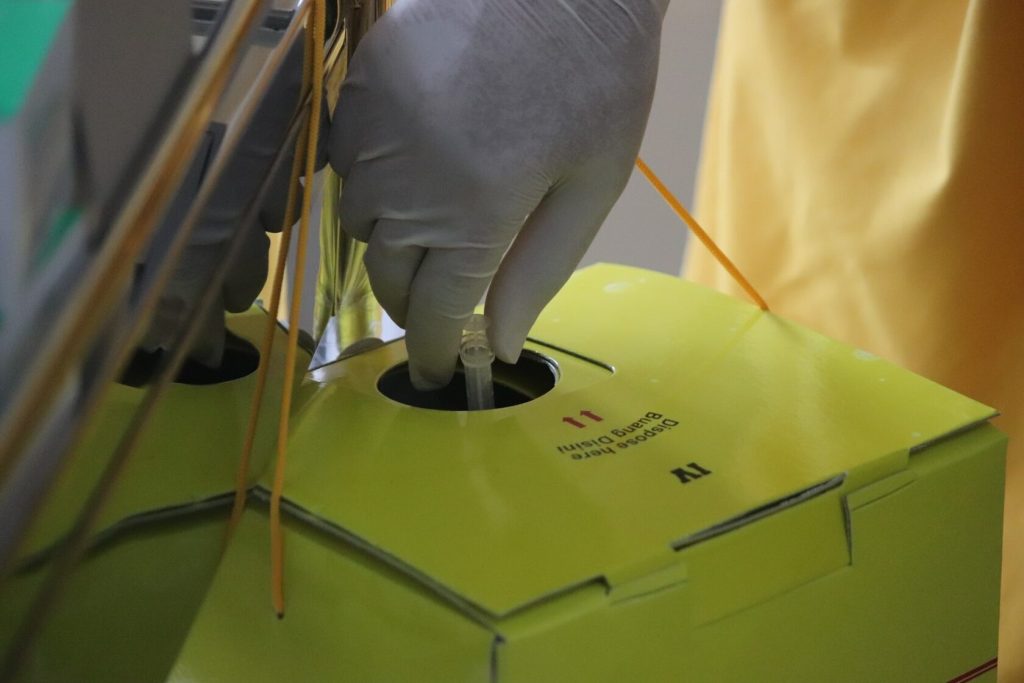

So far, over 7M people have died from the Covid pandemic, a huge tragedy. However, the real crisis is that staggering 30-70% of survivors suffer from long-term symptoms for months after the acute disease. For comparison, less than 1% of flu patients(?) show long-term effects. Dubbed as the Post-acute sequelae of Covid 19 (PACS), this chronic condition is a very real threat for all of us, as the highly contagious Omnicrom strain is sweeping the Earth, and the new variants are likely to continue to arise. Covid 19 infection is systemic and affects almost all organs. Correspondingly, the long-term symptoms are very diverse and include fatigue, shortness of breath, cardiovascular and GI systems damage, memory loss, distortion of smell and other senses, depression and accelerating ageing.
Since the pandemic’s beginning, scientists aimed to identify the risk factors which make us more likely to develop the long term symptoms. These include molecular traits and co-morbidities (such as smoking, co-infections or body mass index). The most advanced experimental study was just published in the Cell by the international team led by Dr. Su from the Institute of Systems Biology in Seattle. This was a huge project. 309 PACS patients were investigated by sophisticated “multi-omic” sequencing techniques with samples taken in 3 time points from the initial diagnosis of Covid 19 to early-stage recovery. For each patient and time point, the blood draws were tested for Sars-Cov2 specific antibodies and autoantibodies, alongside with proteomic and metabolomic profiling and single cell sequencing of immune cells. The experimental results were integrated with clinical data from electronic health records (EHR) and patient-reported symptoms.
The results shown that only four factors substantially increase the risk of developing PACS: type 2 diabetes, SARS-Cov2_RNAemia (high titer of Covid 19 in the blood), Epstein-Barr virus (EBV) RNAemia (high titer of EBV in the blood) and presence of specific auto-antibodies, or antiAbs in serum (a hall-mark of auto-immune conditions). Let us look at these factors more closely.

Diabetes 2
This form of insulin-resistant diabetes is highly associated with obesity and overweight (80% of patients with diabetes 2 and metabolic syndrome are also obese). Extra weight was found associated with severity of acute Covid 19 before. Now, Su’s team has shown a strong co-morbidity of diabetes 2 with PACS, with different symptoms to last for months or years. This is particularly alarming in the US, with the highest rates of both obesity and Covid 19 mortality in the world.

SARS-Cov2_RNAemia
Association of the load of SARS-Cov2 viral load with severity of Covid 19 was one of the first scientific findings in this pandemic. Typically, the higher the virus titer, more severe the disease. So it was logical and expected that patients with high titers of the virus at the time of diagnosis, are more likely to develop long-term symptoms.

Epstein-Barr virus load
The impact of Epstein-Barr virus (EBV) iRNAemia on FACS development was unexpected. EBV and related Cytomegalovirus are the most common latent infections in human (over 90% of us have it), with viral loads sometimes elevated tens and hundreds fold. Since EBV is so common, most doctors consider it as a benign infection. They rarely order EBV tests, especially with lack of specific therapies. The new results may really change this point of view and make EBV testing as common, as standard lab blood analysis.

Auto-antibodies
It was shown before that the rates of Covid mortality and severity are higher in patients with certain auto-immune conditions, such as lupus. These antibodies neutralize interferon (IFN) protection and so cause specific immune disfunction. Now, the Su’s team found that different antiAbs are associated with different forms of PACS. Thus, anti-IFN alpha 2 antibodies are often present in patients with respiratory symptoms’ multiple antiAbs are associated with GI symptoms.
Why do we believe that this Cell study is so important? Because it is likely that most of us already had Covid 19 or will contract one of the strains in near future. Up to one-half of these acute cases will morph into a long-term PACS in some form. The knowledge about risk factors associated with the long-term symptoms is invaluable, as it may stimulate us to change our habits and apply preventive care measures to reduce the risk. Two of the four factors found in the Su’s study are easily preventable. Extra weight and diabetes 2 are almost always due to our poor eating and exercise habits, and it is up to us to change those. The EBV load can also be controlled by naturopathic anti-viral protocols and such procedures as ozonation and PEMF therapy.
About the author

Yuri Nikolsky
Ph.D.
Yuri is a molecular biologist, trained in military medicine (infectious diseases and epidemiology). Fifteen years of experience as an academic scientist and executive at biotech companies. Expertise in pre-clinical small molecules drug discovery, systems biology, genomics, translational medicine. Published over 70 peer-review scientific articles. Yuri is a US-certified stem cells practitioner (ISSCA). Yuri is in charge of Santa Maria technology and health programs